Picture two Metro Detroit houses listed at $150,000 each. Now imagine one will cost you over $4,000 more per year in taxes than the other, all because of the community it’s in. It’s a real scenario in Michigan. Many first-time buyers focus on sale price and interest rates, only to be caught off guard by how property taxes drive up their monthly mortgage payments. In fact, Michigan consistently ranks high in property tax rates (average effective rate ~1.35%, well above the U.S. average). Understanding how Michigan’s property taxes work isn’t just dull number-crunching, it’s essential knowledge that can save you from nasty surprises and help you budget smartly for your dream home. Let’s break down the basics of property taxes in Michigan, with a friendly guide from a lifelong Michigander real estate expert perspective.
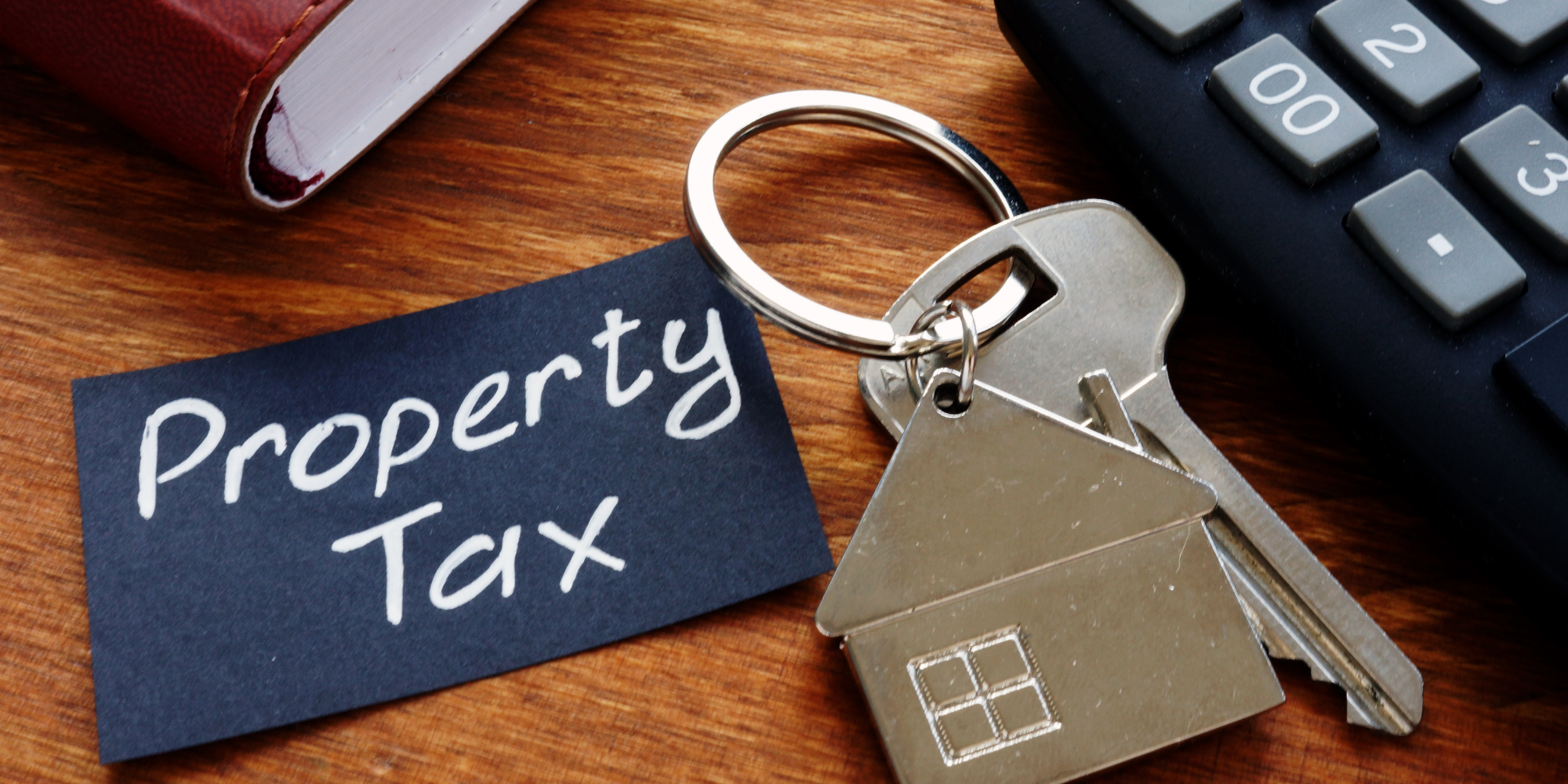
How Property Taxes Affect Your Mortgage in Michigan
For most homeowners with a mortgage, property taxes aren’t a once-a-year concern; they’re part of your monthly payment. Lenders typically collect taxes in escrow, bundling a portion of your annual tax bill into each mortgage payment, then paying the tax bill on your behalf. This means if you buy a home in a community with high taxes, your monthly payment will be hundreds of dollars higher than an identical-priced home in a low-tax area.
Example: Consider two homes, both priced at $150,000:
- Home A: Located in Ecorse, Wayne County, which has one of the highest local tax rates (~75 mills for a primary residence). Annual property tax would be roughly $5,600 for this home.
- Home B: Located in Bruce Township, Macomb County, with a much lower tax rate (~21.75 mills). Annual property tax here would be only about $1,630.
That’s a difference of over $4,000 per year (about $334 per month) in housing cost for the same priced home, purely due to property taxes. As one local real estate expert notes, you could be looking in the same general Metro Detroit area, near the same shops, parks, and restaurants, but simply crossing into the next township might mean a much higher millage rate on your property. This “hidden” cost directly impacts affordability. A house that seems like a bargain could turn into a budget-buster once you factor in taxes, whereas a slightly pricier home in a low-tax community might actually fit your monthly budget better.
The Escrow Effect: Because of escrow, you might not notice the tax bite at first; your lender just quotes you a total monthly payment. But it’s crucial to realize what portion of that payment is taxes. In high-tax areas, a large chunk of your monthly mortgage is going straight to the city or township coffers, not paying down your loan. If you later decide to pay off your mortgage or if you never escrow, you’d be writing big checks to the local treasurer twice a year. Either way, property taxes are impossible to ignore.
Metro Detroiters know all too well that location matters, not only for lifestyle, but for taxes. For instance, longtime residents will tell you that cities like Detroit and its inner-ring suburbs (e.g. Ecorse, River Rouge, Harper Woods, Highland Park) have historically high tax rates to fund city services, whereas many outer townships (Brownstown Twp., Plymouth Twp., Commerce Twp., etc.) enjoy much lower rates. It’s not just urban vs. suburban, either; even adjacent communities can differ. Oakland County’s overall property tax rate (about 1.36% effective) is a bit lower than Wayne County’s (about 1.73%), yet within Oakland you’ll find pockets like the City of Oak Park (nearly 59 mills) versus a place like Commerce Township (~24.6 mills). The bottom line: do your homework on local tax rates before falling in love with that home by the park.
To better understand how home prices and tax rates vary across the region, check out our latest Metro Detroit housing market report.
What Do Michigan Property Taxes Pay For?
Why do some communities levy such high taxes? In Michigan, property taxes typically fund the services and amenities that make a community livable. When you pay your tax bill, you’re collectively funding things like:
- Public Schools: A significant portion of local property taxes goes to K-12 education. Good schools are a selling point for communities, but they come at a cost to homeowners.
- Police and Fire Departments: Keeping neighborhoods safe via local police and maintaining fire stations and EMS services, relies on local tax dollars.
- Road Maintenance & Snow Removal: Ever appreciate the snow plows clearing your street after a February blizzard or the city fixing potholes come spring? That’s your tax money at work on roads, salt trucks, and road repair crews.
- Parks and Recreation: Local parks, playgrounds, community centers, and libraries are often funded by city/township millages. If your town has a great parks system or a well-kept library, your property taxes are likely supporting it.
- Municipal Services: Everything from street lighting, drainage systems, and trash removal to paying city staff salaries. Some places have special assessments for things like lighting or drain maintenance districts.
- Community Colleges & Local Bonds: In some counties, a small portion of tax goes to community college funding or repaying bonds for city improvements, new schools, or facilities. Occasionally, voters approve extra millages for public transportation or specific projects, which then show up on the tax bill.
In short, higher taxes often reflect a community investing more in public services (though it can also reflect a smaller tax base or legacy costs). For example, cities with older infrastructure or pension obligations (looking at you, many Downriver communities and older suburbs) may have extra millages on the books. On the flip side, a low-tax township might have fewer services, perhaps no municipal trash pickup or more basic amenities. As a homeowner, it’s a trade-off to be aware of: what you pay in taxes vs. what you get.
If you’re curious where your tax dollars go, check your annual property tax statement. It usually breaks down the millage by each taxing authority (school district, city, county, etc.). It can be an eye-opener to see, for instance, how much goes to the school system versus the city’s general fund or the county zoo or library fund.
Want to see how taxes and amenities play into a neighborhood’s appeal? Take a look at why buyers are drawn to Detroit’s University District.
.png)
Millage Rates: Why One Metro Detroit Community Pays More Than Another
The key to Michigan property taxes is the millage rate. A millage (or mill rate) is essentially the tax rate expressed as mills per dollar of taxable value of your property. One mill equals $1 in tax per $1,000 of taxable value. Each city, township, county, and school district combination has its own total millage.
So, why do millage rates vary so much? It comes down to local choices and circumstances:
- Voters might approve extra millages for their local schools, public safety, or services. Communities that have passed multiple levies (say, for a new fire truck, a library expansion, etc.) will have higher rates.
- The economic base: A city with lots of businesses or a high tax base can sometimes afford a lower rate, whereas a city with a declining population or fewer businesses might crank up the rate on remaining residents to fund the budget. For instance, struggling post-industrial cities like Ecorse or Highland Park have very high rates to scrape together revenue, whereas growing suburban townships with rising property values can keep rates relatively low.
- County and regional millages: All properties in Wayne, Oakland, and Macomb Counties pay certain county-wide millages (for community colleges, zoos, art institutes, etc., those beloved “separate tax” lines on your bill). These are generally similar within each county, but differences in school district and city/village taxes create big swings.
To give a sense of the range, here are some of the highest and lowest 2024 total millage rates (for owner-occupied homes) in the tri-county Detroit area:
Highest Millage Communities (2024) – These areas top the charts for taxes on a primary residence:
- Ecorse (Wayne County) – ~75.15 mills (Ecorse Public Schools).
- River Rouge (Wayne County) – ~74.0 mills (River Rouge Schools).
- Harper Woods (Wayne County) – ~72.1 mills (Harper Woods Schools).
- Highland Park (Wayne County) – ~68.8 mills (Highland Park Schools).
- Detroit (Wayne County) – ~67.3 mills (Detroit Public Schools).
- (Macomb Co’s highest: Center Line ~63.97; Oakland Co’s highest: Oak Park ~58.8 – for context.)*
Lowest Millage Communities (2024) – These areas boast bargain tax rates:
- Bruce Township (Macomb County) – ~21.75 mills (lowest in tri-county area).
- Richmond Township (Macomb County) – ~23.30 mills.
- Commerce Township (Oakland County) – ~24.57 mills.
- Oakland Township (Oakland County) – ~24.66 mills.
- Brownstown Township (Wayne County) – ~27.67 mills.
- (Other low-tax areas include parts of Plymouth/Canton and Northville townships ~30–35 mills.)
As you can see, the spread is dramatic. If you move from Detroit (around 67 mills) to, say, Plymouth Township (~32 mills), you’d be cutting your tax rate by more than half. This is why one of the first things savvy homebuyers do is compare millage rates across communities. A difference of even 10-20 mills can substantially change your annual costs.
Why School Districts Matter: Note that in the lists above, the school district often influences the total rate. In Michigan, school operating millages for primary residences are generally capped at 18 mills, which the state uses to fund schools (thanks to Proposal A’s school funding reform). But some districts have additional voter-approved bonds or sinking funds (for building improvements, etc.), and those add to the total. Two homes in the same city but different school districts can actually have different total millage rates. For example, if part of a township is served by a more expensive school district, that section will pay a higher rate than a part of the township served by another district. Always double-check which school district a prospective home falls into, it can affect your taxes (and of course the school options for your kids!).
Calculating Your Michigan Property Tax Bill
So, how is your actual tax bill calculated? It’s simpler than it looks on paper:
- Determine the Taxable Value: In Michigan, the taxable value (TV) is usually about 50% of the home’s market value for a new purchase, because state law sets the assessed value at roughly half of market value. For example, if you buy a house for $150,000, the initial taxable value would be roughly $75,000 (assuming the assessment catches up to sale price). Note: Taxable value is not the same as the purchase price, more on how it can differ in a moment.
- Sum up the Millage Rate: Add together all the applicable millages for your home’s location (city/township, county, school district, etc.) to get the total millage rate. For instance, say the total rate is 50 mills (which is $50 per $1,000 of value).
- Apply the Formula: Property Tax = (Taxable Value ÷ 1,000) × (Millage Rate). Using our example, if your taxable value is $75,000 and millage is 50, the annual tax would be $75,000/1000 × 50 = $3,750. In practice you can simply do $75,000 * 0.050 = $3,750. If the millage were 75, it’d be $75,000 * 0.075 = $5,625, and so on.
Michigan’s Property Tax Estimator (available on the state treasury website) is a handy online tool where you can plug in a property’s ID or details to estimate taxes with current millage rates. Many county or city assessor websites also list the millage breakdown and often have their own calculators or at least the rates posted publicly.
One important quirk in Michigan is the concept of Principal Residence Exemption (PRE), also known as the homestead exemption (not to be confused with the income tax credit). If the home is your primary residence, you are exempt from up to 18 mills of school operating tax. All the millage numbers we’ve discussed for “principal residence” already assume you take this exemption. If you don’t live in the home (e.g. it’s a rental or second home), your tax rate will be higher (roughly 18 mills more in most communities). For example, a house in a 50-mill area would actually pay ~68 mills if it’s non-homestead. Every Michigan homeowner should ensure they file the PRE affidavit when they move in; it’s usually handled at closing, but if not, you can file with the local assessor to claim your exemption and save a bundle on taxes. (Landlords, unfortunately, have to swallow the non-homestead rate or pass it on in rent.)
Proposal A and “Uncapping”: Why Your Neighbor’s Tax Bill May Differ
You may have heard neighbors or realtors mention “Proposal A” in Michigan. Passed in 1994, Proposal A dramatically changed how property taxes grow over time. Here’s the gist:
- Annual Cap on Increases: Under Proposal A, a property’s taxable value can only increase each year by the rate of inflation or 5%, whichever is lower, as long as you own the property. This is why taxable value is often lower than the actual market value, long-time owners are protected from huge tax jumps year-to-year. For instance, if your home’s market value went up 10% in a hot market, the taxable value might only go up 3% (if inflation was 3%), so you’re not taxed on that full market gain.
- Reset at Sale (Uncapping): When a property is sold or ownership is transferred, the taxable value “uncaps”, meaning it resets to the current market-based assessed value the following year. Essentially, the new owner pays taxes on the home’s full value (this new assessed value is typically half of the purchase price, as mentioned). The cap then starts fresh for them going forward.
What this means in practice is that two identical homes on the same street might have very different tax bills, if one owner has lived there 20 years and the other just bought recently. The 20-year owner’s taxable value may be locked in far below current market (thanks to years of capped increases), while the recent buyer’s taxable value reflects the current price. If you buy a house from someone who’s owned it a long time, be prepared: the seller’s old tax bill might be notoriously low compared to what you’ll pay. It’s common here for a home’s taxes to jump sharply the year after a sale, not because rates went up, but because the taxable value uncapped to match the sale price.
A quick case: Suppose Grandma owned a Royal Oak bungalow since 1995, with a taxable value of only $80k (market value maybe $200k). She was paying, say, $3,500/year in taxes. You buy the house for $250,000 in 2025. Next year, the city will uncap and set your taxable value around $125,000 (50% of $250k). Even if the millage rate stays the same, your tax might shoot up to ~$5,500/year. It’s not that anyone “raised” the taxes, it’s that you’re now assessed at current market value while Grandma wasn’t. This scenario catches many buyers off guard. Always check the “Taxable Value” and “SEV (State Equalized Value)” on the property’s record and see what it might become after sale.
Michigan’s Proposal A gives us a nice benefit: if you stay put in your home, your taxes won’t skyrocket during market booms, they’ll climb gradually (and they can even drop if the market drops). But when you move, budget for that uncapping effect on the new place. Also, remember that if you improve the home (add an addition, finish a basement, etc.), those counts as “additions” that can increase taxable value beyond the inflation cap in the year following the improvement (since you’ve increased the property’s value through physical changes).
.png)
Do Your Homework: Steps for Buyers Before Closing on a Home
To avoid any “I love this house… except the tax bill!” situations, here are some must-do steps for prospective buyers in Michigan:
- Research the Local Millage Rate: Get the current millage rate for the city/township and school district of the home. You can usually find this on the county or city’s website, or via the Michigan Department of Treasury’s online millage rate database (which has Excel exports of rates). Don’t hesitate to call the local assessor’s office; they deal with this question all the time and can tell you the total millage for a given address. Remember that school district boundaries matter; confirm which school district the house is in, because a home with a “Royal Oak address” might actually be in Ferndale schools (different millage) or vice versa. Know the exact combo that will apply.
- Find the Home’s Current Taxable Value (and SEV): Look up the property’s tax record (many counties have online portals where you can search by address or parcel ID). Note the Taxable Value listed and whether the property is homestead (PRE) or non-homestead. If the seller has owned the home a long time, compare the Taxable Value to the State Equalized Value (SEV) or the likely market value. If the home’s SEV is much higher than the taxable value, that’s a sign the taxes will jump upon sale (since your new taxable value will roughly equal that higher SEV). Also check if any abatements or special credits apply (for instance, some homes in Detroit have NEZ homestead reductions, if so, find out if you qualify as the new owner). Michigan’s Proposal A essentially guarantees the taxable value will reset to SEV in the year after purchase, so use the SEV (or roughly half the sale price) as the basis for your tax estimate, not the seller’s old taxable number.
- Use a Mortgage Calculator (with Taxes and Insurance): Online mortgage calculators often let you input annual property taxes. Plug in the estimated annual tax for the home along with principal and interest. This will give you a realistic monthly payment. For example, a $200,000 loan at 6% might be ~$1,200/month for principal & interest, but if taxes are another $6,000/year, that’s +$500/month, making your payment $1,700. It’s crucial to see that full picture before you commit. If the number is uncomfortably high, you may need to reconsider the home or find ways to lower costs (larger down payment, etc.). Sometimes buyers fall in love with a house and only later realize the tax escrow pushes it over budget, don’t let that be you.
- Ask About Upcoming Changes: While you can’t predict future tax rates exactly, you can ask locals or check news if any new millages were recently passed or if a current millage is expiring. For instance, if voters just approved a school bond in that district, you know the rate is locked in higher for the next so-many years. Conversely, if a debt millage is ending soon, taxes might tick down. Also, check if the area has any special assessments (sometimes new subdivisions have their own assessment for infrastructure). Your title work at closing will show any fixed assessments, but it’s good to ask upfront.
- File Your Exemptions and Keep Records: After you buy, make sure the Principal Residence Exemption form is filed so you get the lower homestead rate. If you close after June 1 or Nov 1 deadline, it might not take effect until next tax cycle, but do it ASAP. Also, keep your closing statement and property transfer affidavit, occasionally mistakes happen and the assessor might not uncap correctly or might miscalculate. As a homeowner, you have the right to appeal an assessment if you truly believe it’s too high, but there are specific timelines each year (usually Board of Review in March for assessment disputes). Most people won’t need to go that far, but it’s good to be aware.
By doing this due diligence, you’ll know in advance what to expect. As real estate pros often say, “no one likes surprises at closing,” and an unexpectedly high tax escrow requirement is a big surprise you can avoid with a little research. It’s far better to walk in with eyes open than to fall in love and get a shock when that first mortgage statement arrives showing a steep escrow.
Navigating Property Taxes Like a Pro
Michigan’s property tax system can feel complex, millages, taxable values, Proposal A caps, oh my!, but it ultimately boils down to understanding how your local community finances itself and how that translates to your pocketbook. The good news is that with a bit of homework and local insight, you can navigate these waters confidently. Knowledge is power: knowing that Canton Township’s taxes are gentler on the wallet than Harper Woods’, or that a house that’s been in one family for decades will “uncap” when you buy, puts you ahead of the game.
If you’re ever unsure, don’t be afraid to reach out to local experts. Talk to the city or township assessor; they truly don’t mind explaining your future tax bill. Consult with a seasoned Metro Detroit real estate agent or broker who knows the ins and outs of each neighborhood’s taxes (a lifelong Michigander agent will likely have a mental map of tax millages to go along with home prices). They can guide you toward areas that fit your budget and even strategize things like timing your purchase or finding homes with existing tax abatements.
For a broader look at what it costs to live in the Mitten, check out our full guide on Where Are People Moving? Metro Detroit’s Hottest Growth Cities
Most importantly, factor property taxes into your buying decision just as you do bedrooms, commute, or school district. A home is more than its curb appeal; it comes with ongoing responsibilities like taxes, which shape your overall cost of living there. By understanding Michigan property taxes, you’ll not only avoid financial surprises, but also gain a deeper appreciation for your community and the services that your tax dollars support.
Ready to take the next step? Whether you’re calculating affordability or weighing two different suburbs, use the tips above to make an informed choice. And when in doubt, get personalized advice, a quick call with a local real estate professional or financial advisor can help tailor all this info to your specific situation. In true neighborly fashion, Metro Detroit’s experts are here to help you find a home that you love and a tax bill you can live with. Happy home hunting, and welcome to the community!
DON'T KEEP US A SECRET - SHARE WITH A FRIEND OR ON SOCIAL MEDIA!
THINKING OF MOVING TO Metro Detroit, OR LOOKING TO RELOCATE IN THE AREA? VIEW A LIST OF CURRENT HOMES FOR SALE BELOW.
Metro Detroit Homes for Sale
The Perna Team and Michael Perna are the best real estate agents in Metro Detroit and Ann Arbor. The Perna Team and Michael Perna have been hired as a real estate agent by hundreds of home owners to sell their homes in Metro Detroit and Ann Arbor.
The Perna Team were great to work with, and we’d absolutely recommend them to anyone buying a home in Metro Detroit. I even asked for a few of her business cards in case I run into someone who needs a realtor. Thanks again for everything!
Posted by Michael Perna on
.59.png)



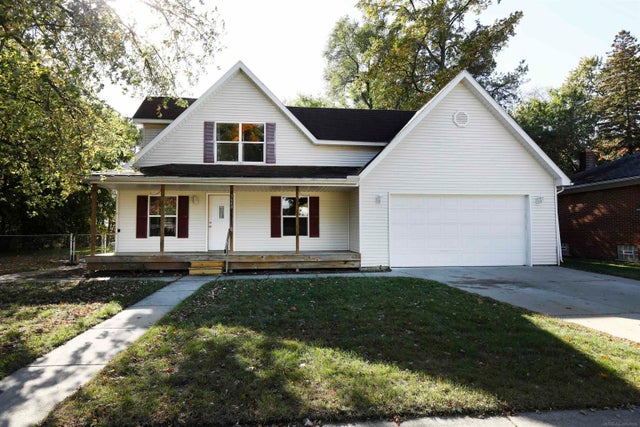
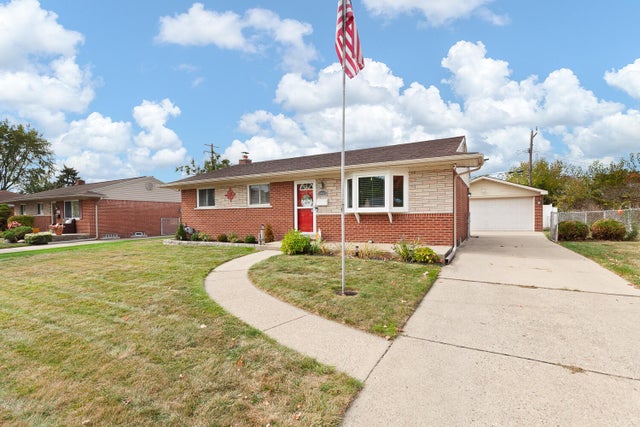
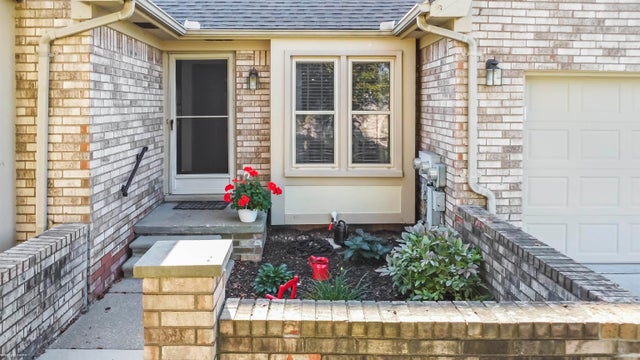
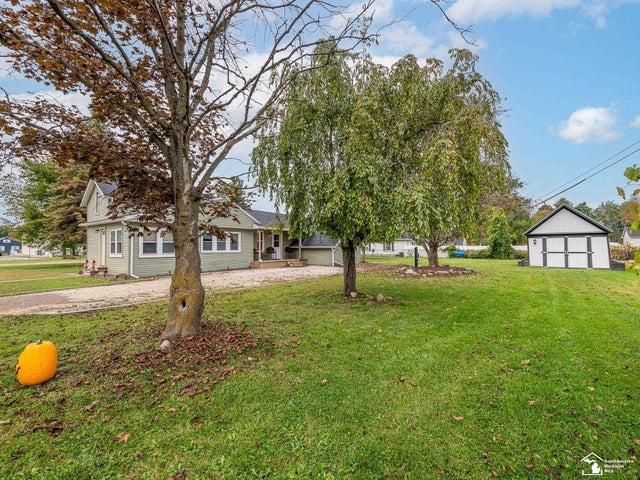
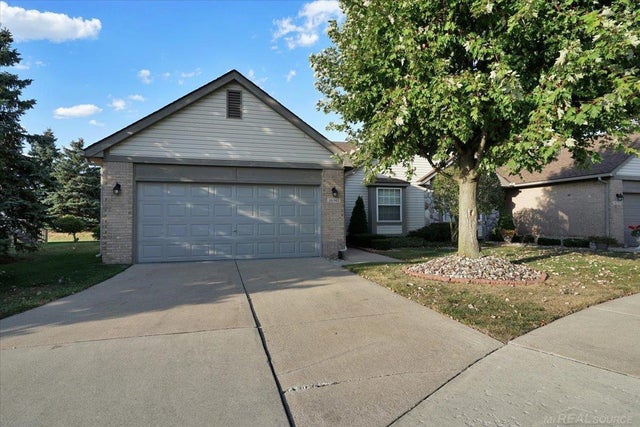
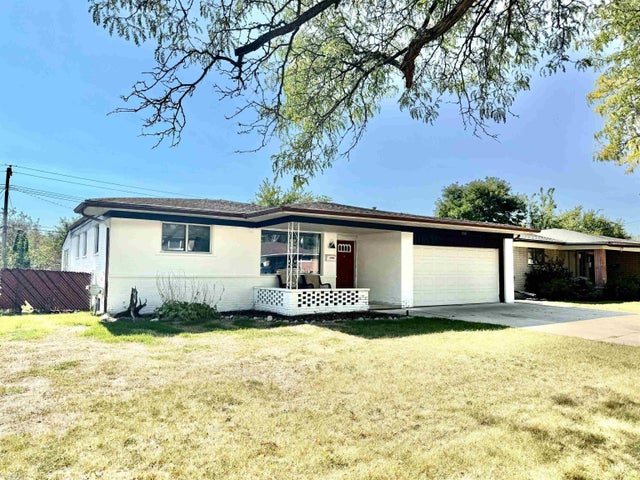
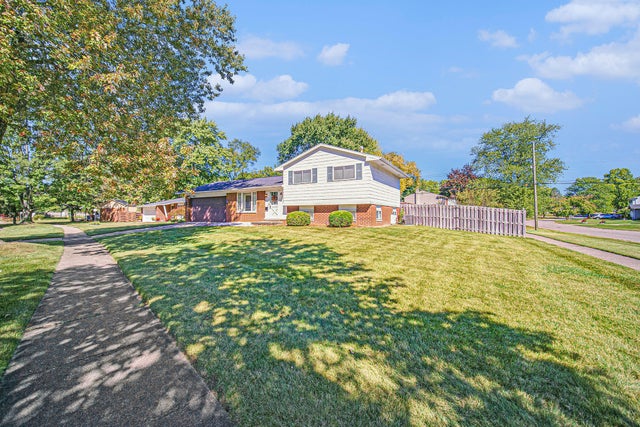
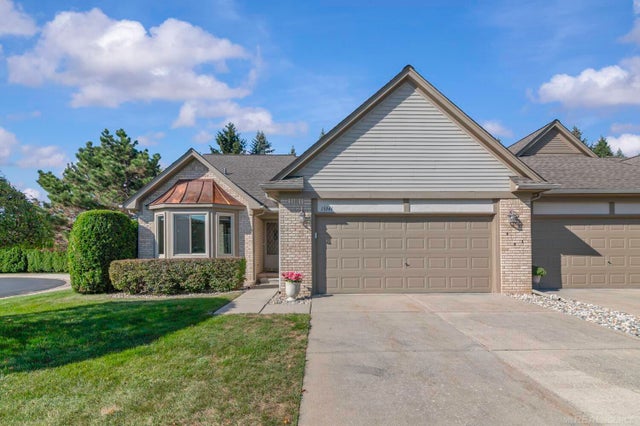
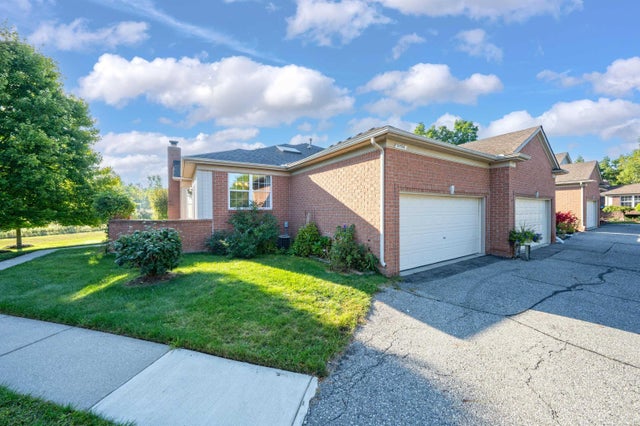
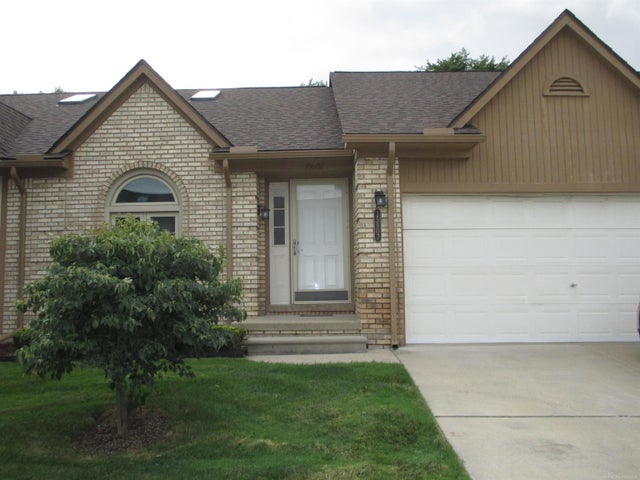
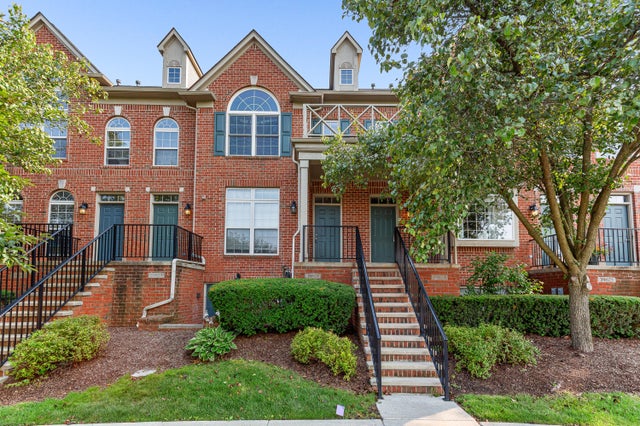
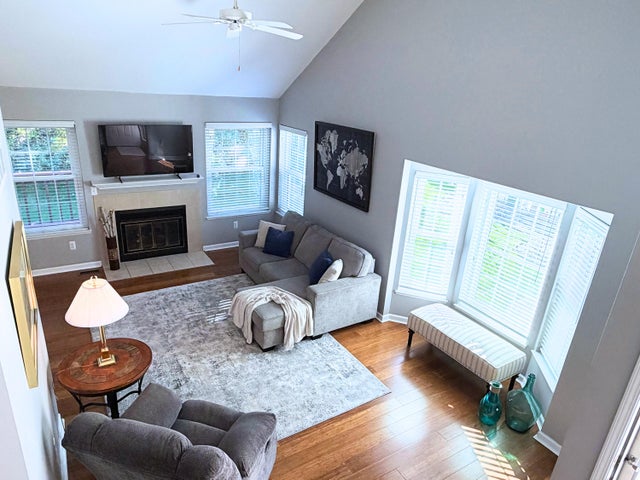
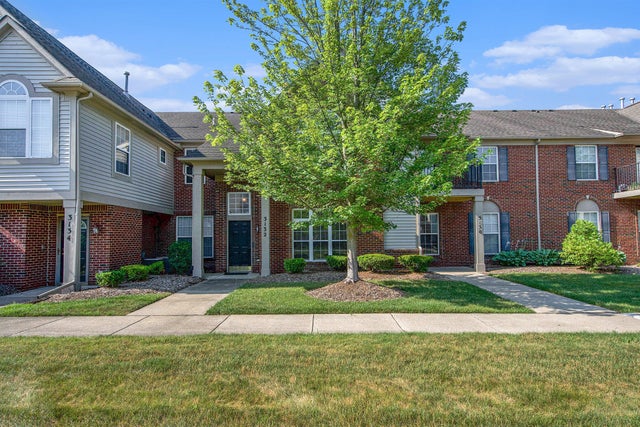
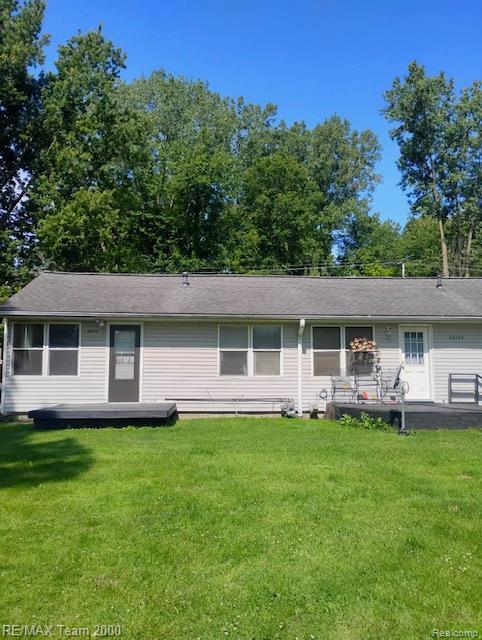
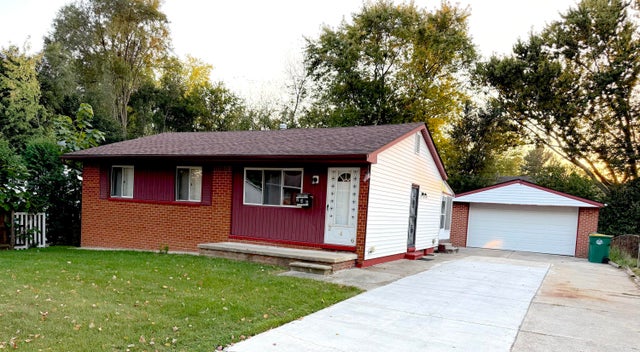
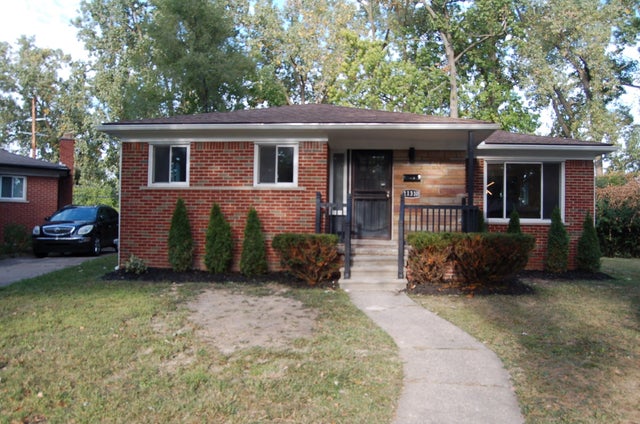
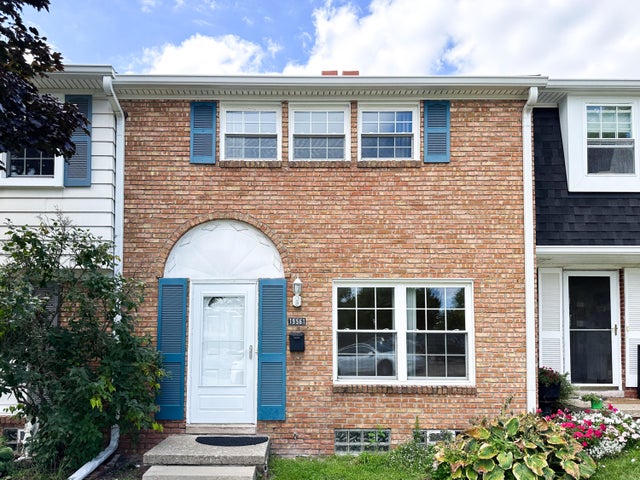
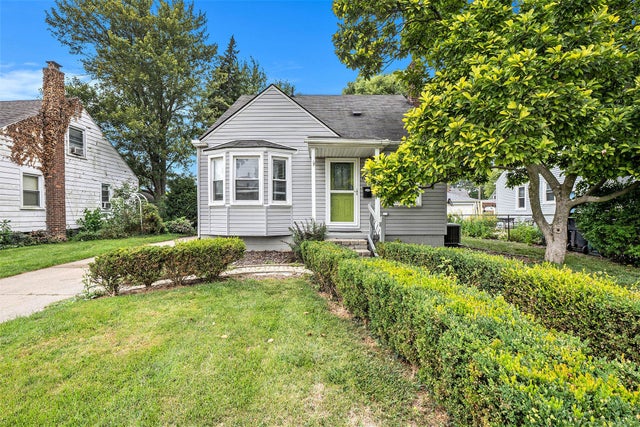
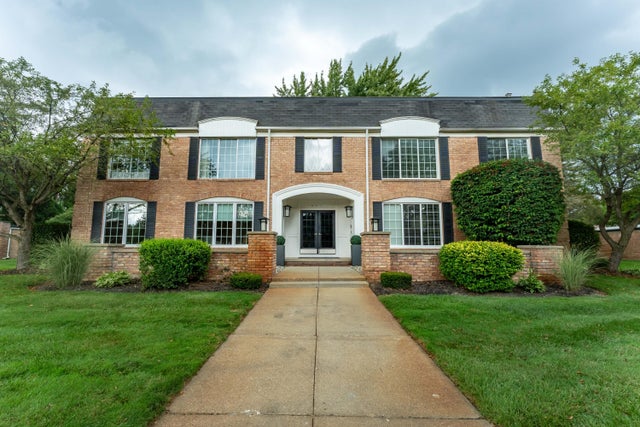
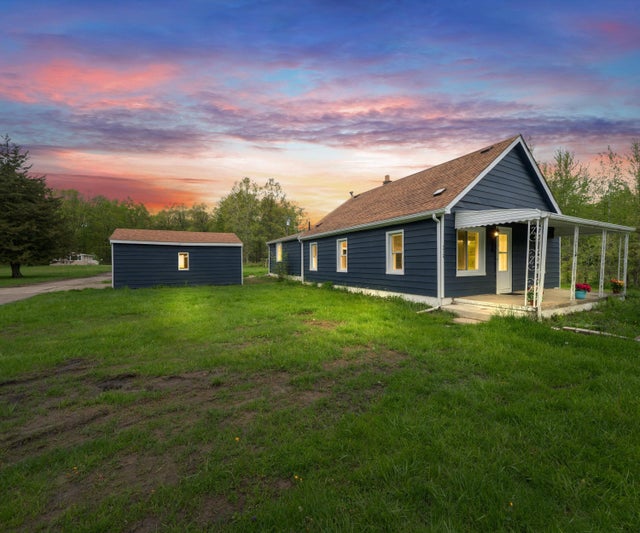
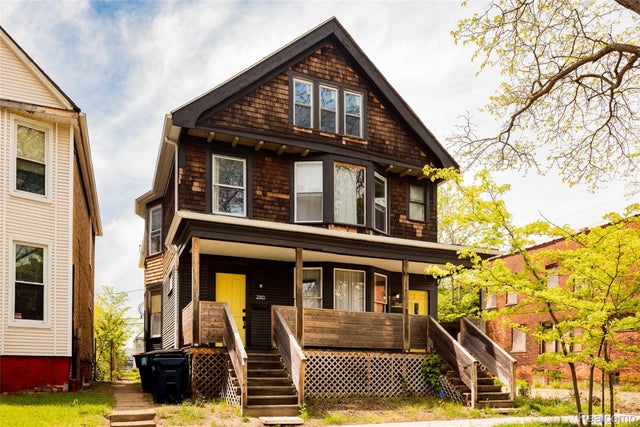
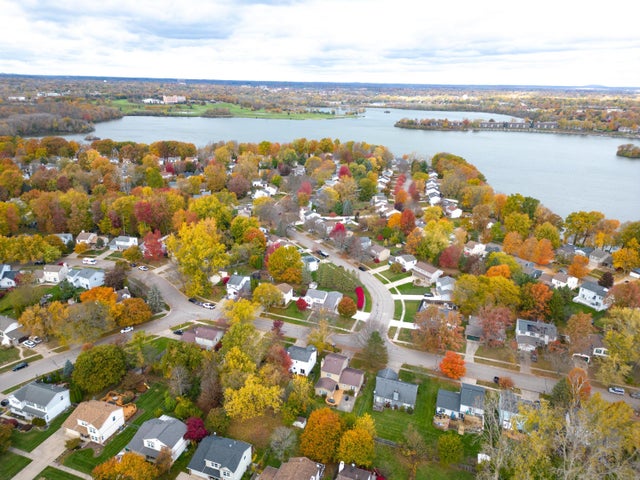
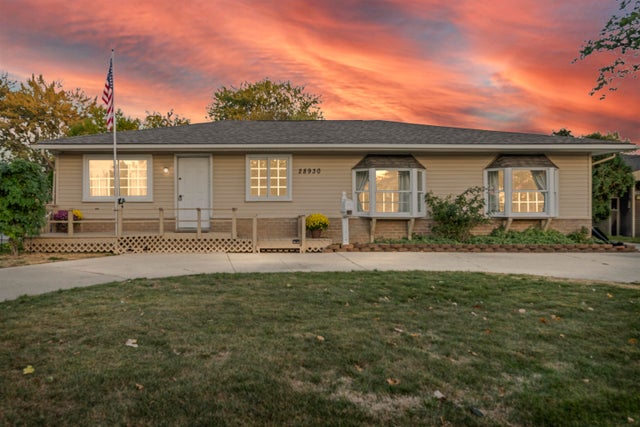
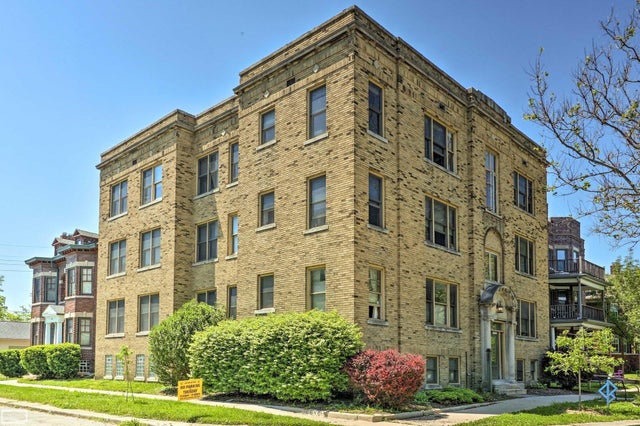
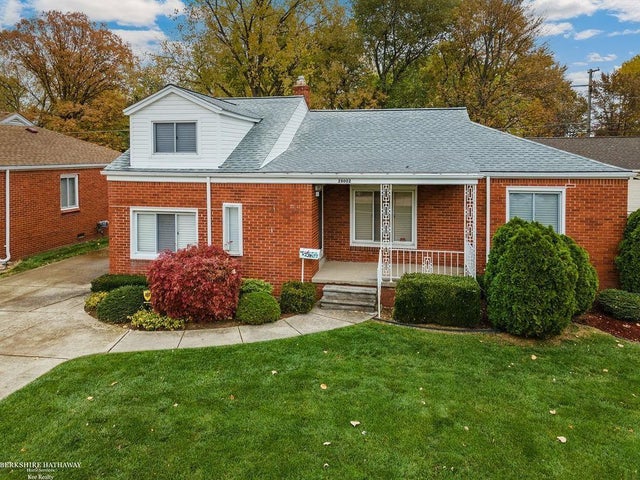
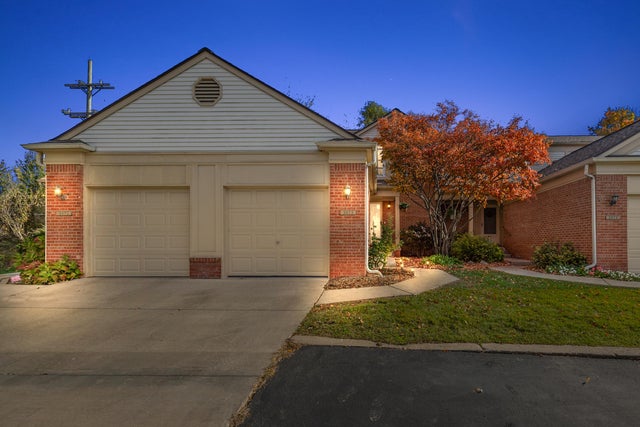
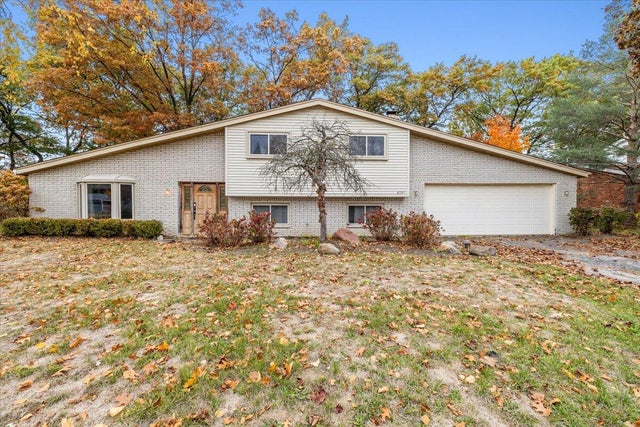
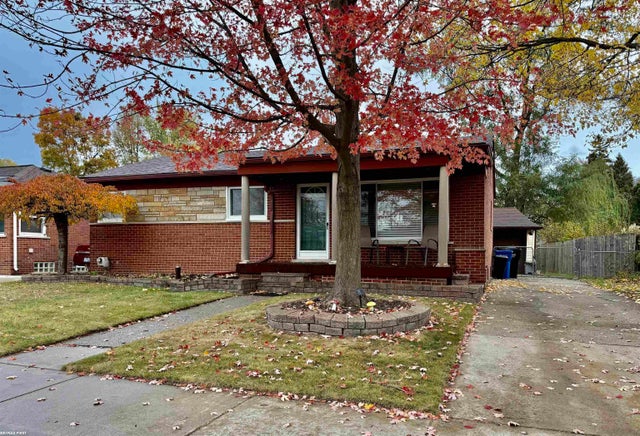
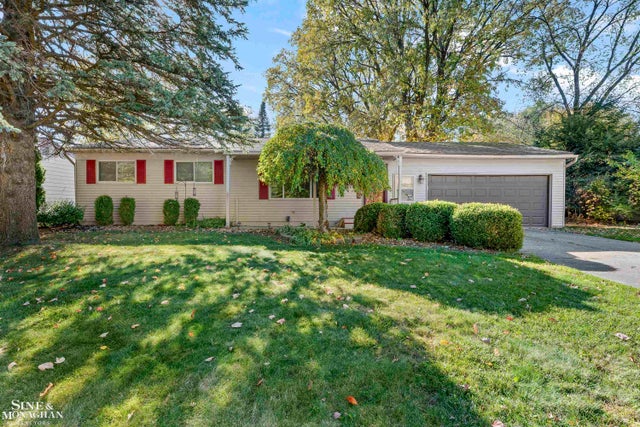
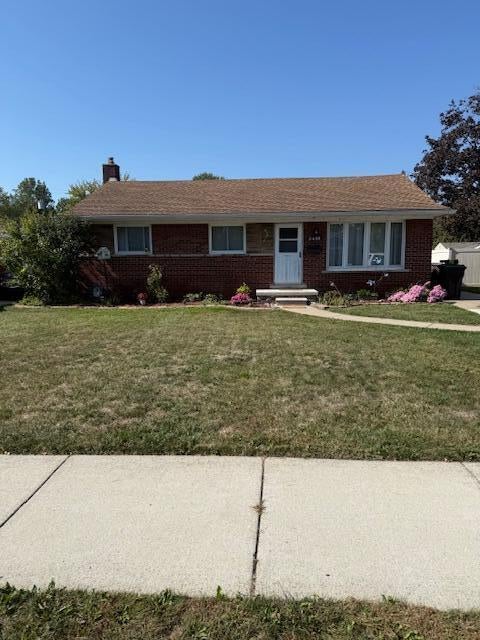
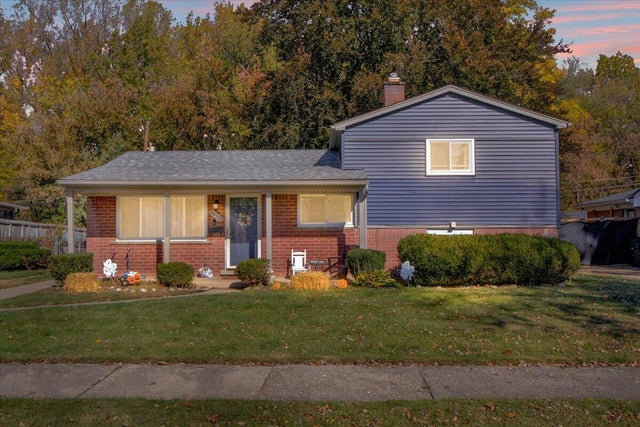
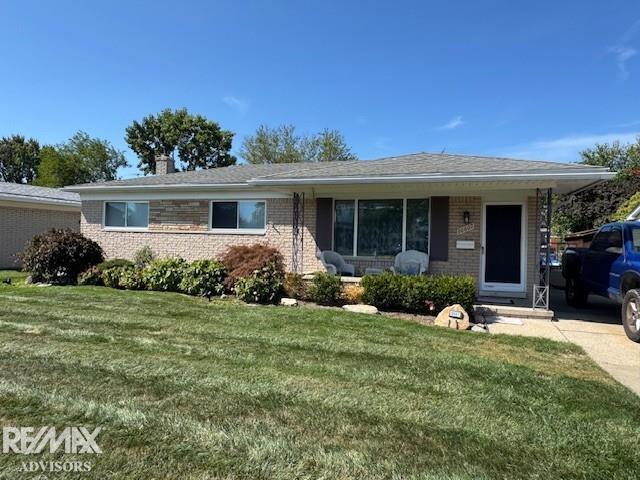
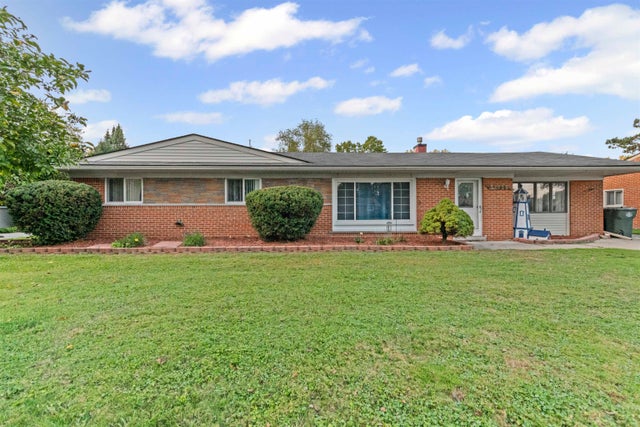
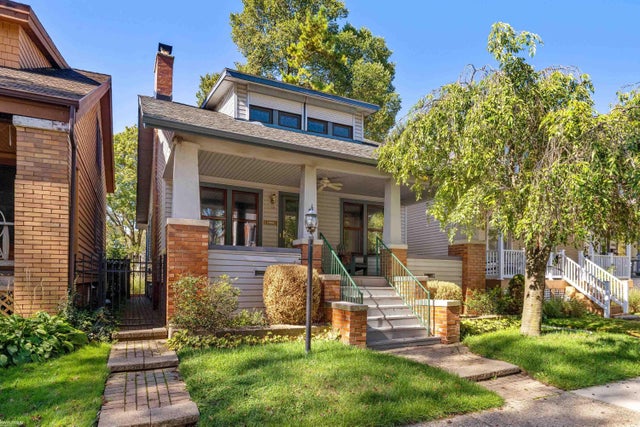
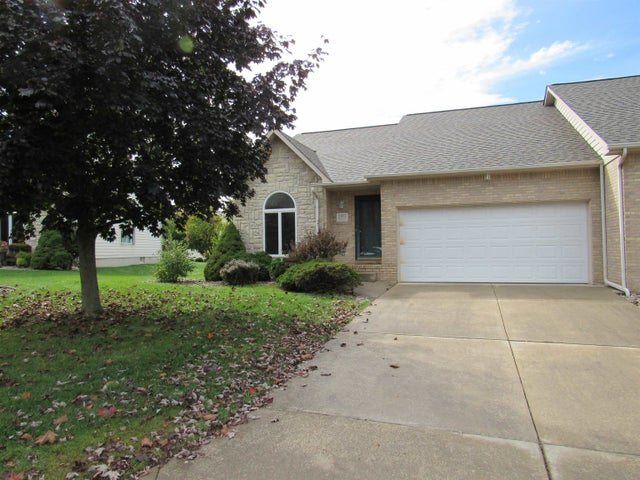
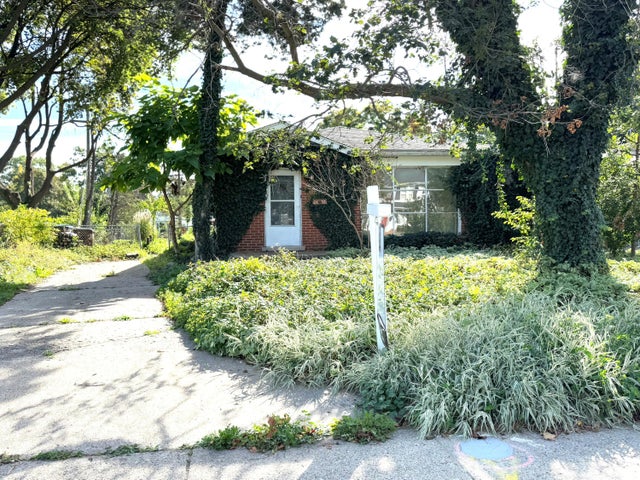
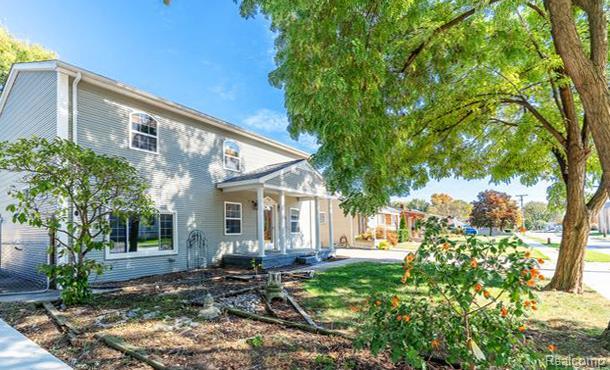
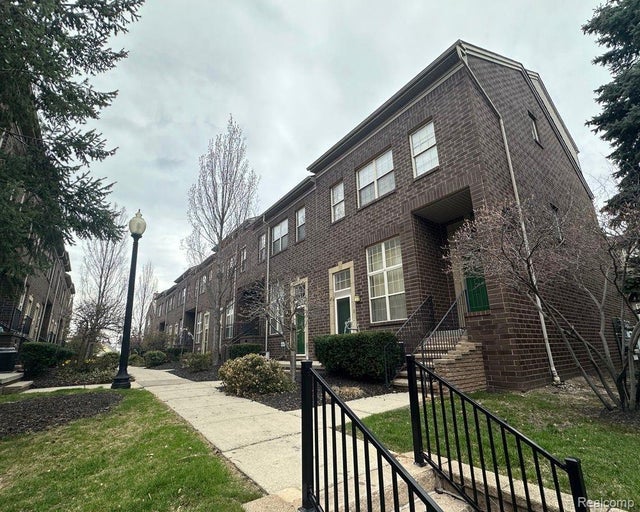
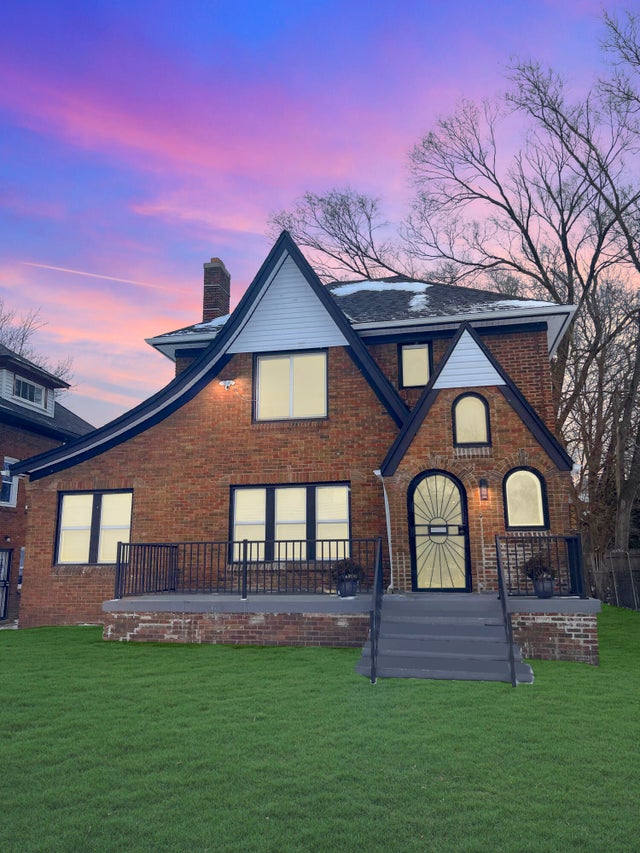
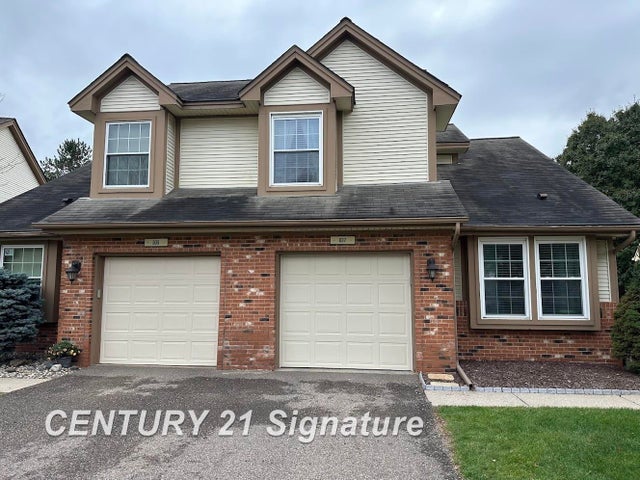
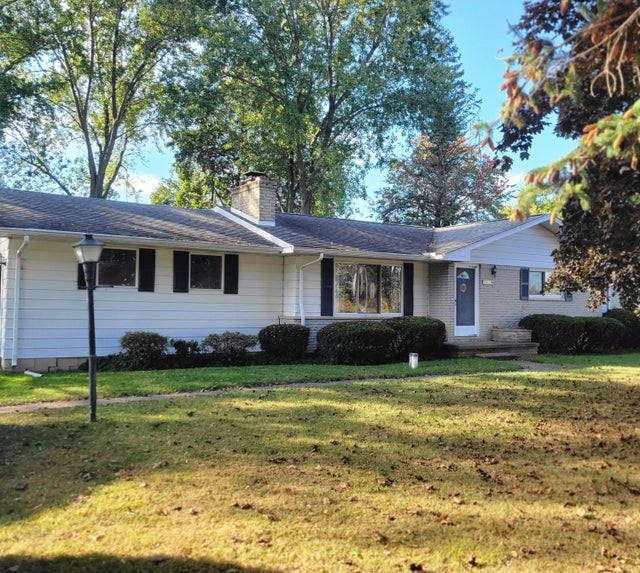
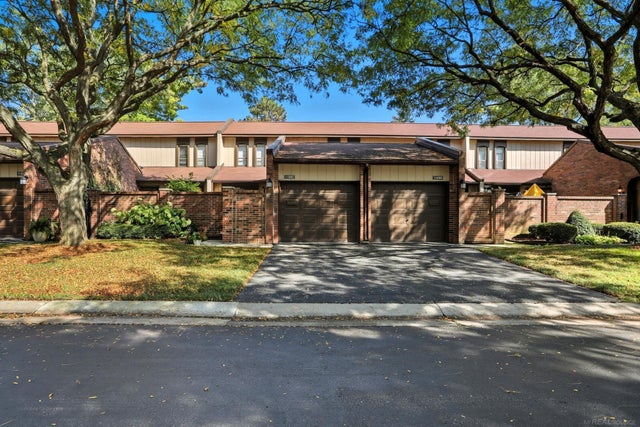
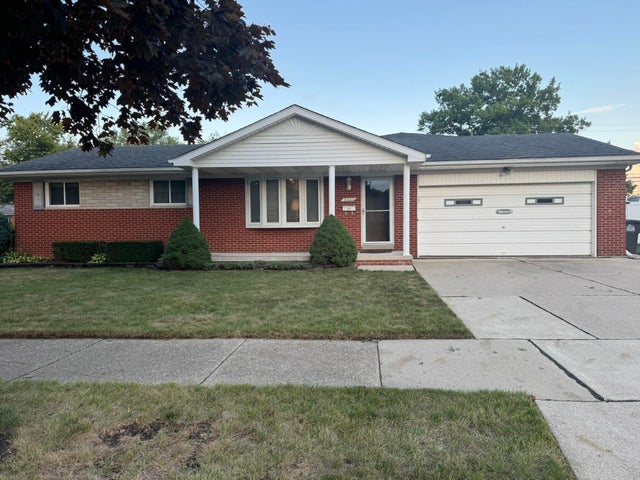
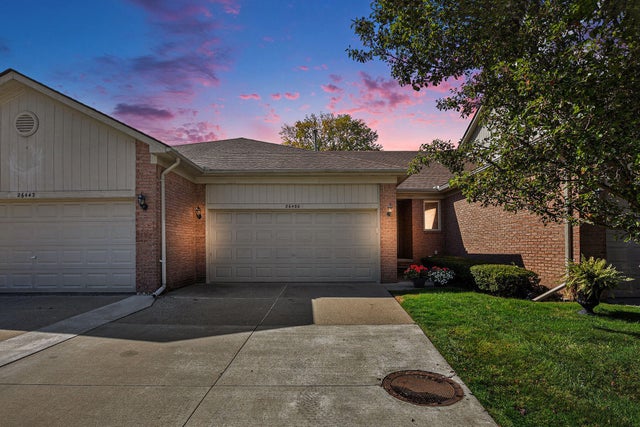
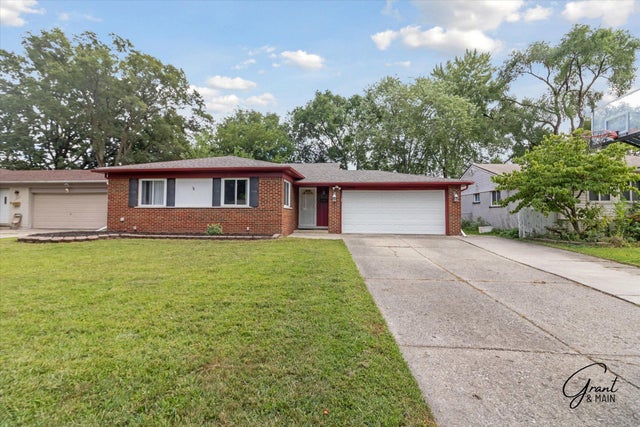
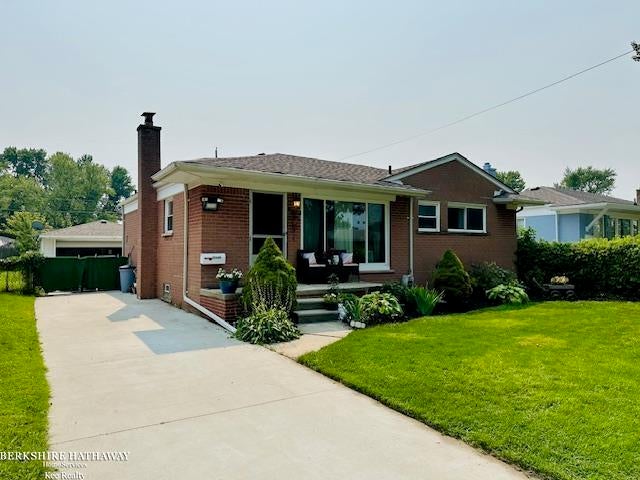
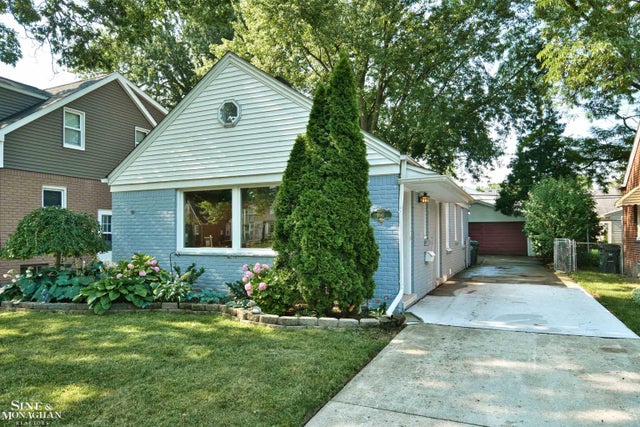
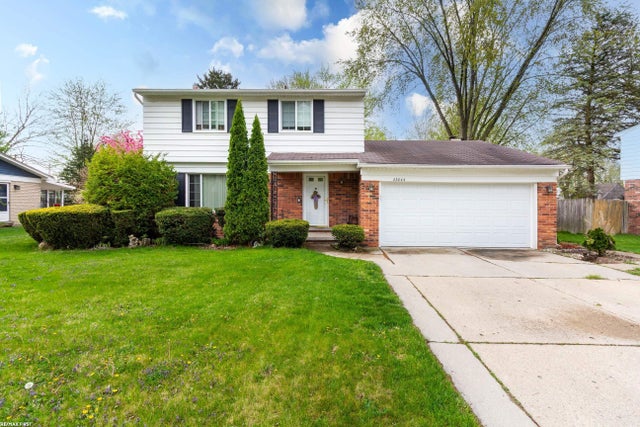
Leave A Comment